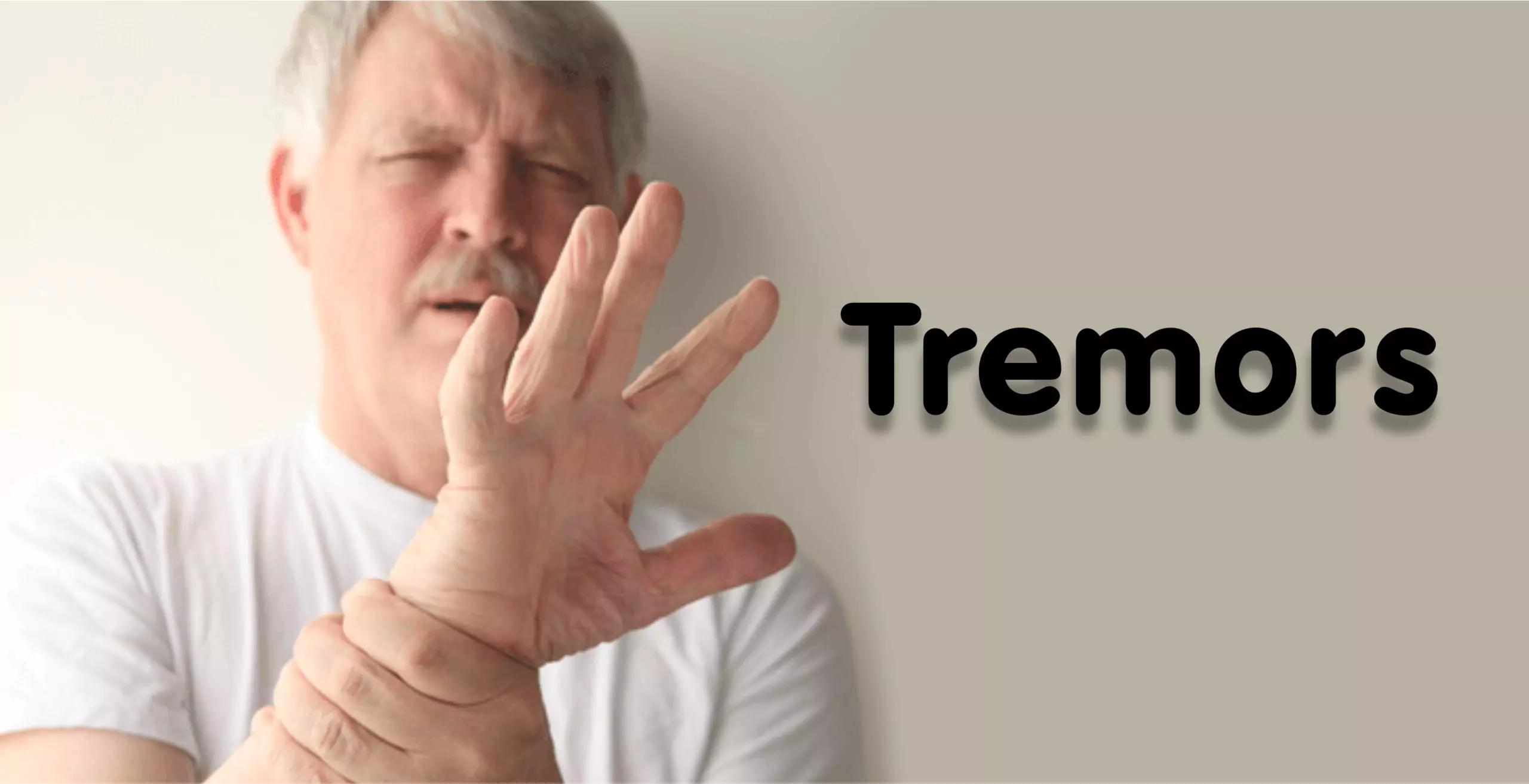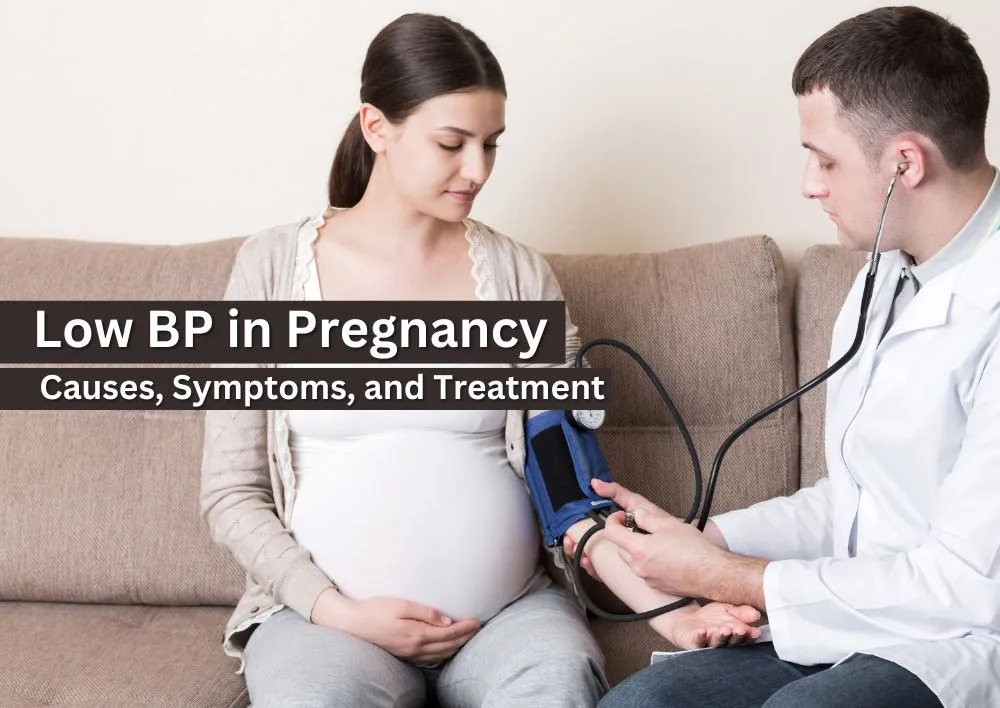Tremors - Symptoms and Causes
Essential tremor is a neurological disorder that causes rhythmic and involuntary shaking. It can almost any body part affect, but the trembling happens most repeatedly in your hands — mainly when you do easy tasks, such as drinking from a tumbler.
Essential tremor is usually not a hazardous condition, but it usually deteriorates over time and can be severe in some people. Other states do not cause essential tremor, even though essential tremor is sometimes confused with Parkinson’s disease.
Essential tremor can take place at any age however is most common in individuals age 40 and older.
Symptoms
According to the Neurology hospitals in Gurgaon essential tremor symptoms and signs:
- Start steadily, typically more outstandingly on one side of the body
- Deteriorate with movement
- Usually take place in the hands first, affecting one or both hands
- Can comprise a “no-no” or “yes-yes” motion of the head
- Maybe aggravated by fatigue, emotional stress, caffeine or temperature extremes
- Essential tremor versus Parkinson’s disease
- Several individuals’ associate tremors with Parkinson’s disease, but the two conditions vary in key ways:
- Associated conditions. Essential tremor does not cause other health issues, but Parkinson’s disease is related to stooped posture, shuffling gait, and slow movement. But, people with necessary tremor at times develop other neurological signs and symptoms, such as a shaky gait.
- Timing of tremors. Essential tremor of the hands happens usually when you make use of your hands. Quivers from Parkinson’s disease are most well-known when your hands are resting in your lap or at your sides.
- Parts of the body distressed. Essential tremor primarily involves your hands, voice, and head. Parkinson’s disease tremors typically begin in your hands, and can impact your chin, legs, and other body parts.
Causes
About half of essential tremor cases appear to result from a hereditary mutation. This form is known as familial tremor. It is not clear what causes necessary tremor in people without a known genetic mutation.
As per the brain specialists in Gurgaon tremors can be caused by a range of things, including:
● Caffeine
● Prescription medications
● injuries
● diseases
The most common causes of tremors are:
● low blood sugar levels
● ingesting too much caffeine
● muscle fatigue
● aging
● stress
Medical conditions that can cause tremors to comprise:
● traumatic brain injury
● stroke
● Parkinson’s disease is a degenerative illness caused by the loss of dopamine-producing brain cells
● hyperthyroidism makes extra thyroid hormone in your body
● multiple sclerosis, which is a condition in which your immune system attacks your spinal cord and brain
● alcoholism
Risk factors
Known risk factors for essential tremor comprise:
● Age. Essential tremor is more popular in people age 40 and older.
● Genetic mutation. The hereditary range of essential tremor is an autosomal dominant disorder. A defective genetic material from just a parent is required to infect the condition. If you have a child with a genetic mutation for essential tremor, you have a fifty percent chance of developing the disorder yourself.
Obstacles
Essential tremor is not critical, but symptoms frequently deteriorate over time. If the tremors turn out to be rigorous, you may find it hard to:
- Hold a glass or cup without spilling
- Talk, if your tongue or voice box is affected
- Eat normally
- Shave or put on makeup
- Write legibly













Was the information useful?
0 0